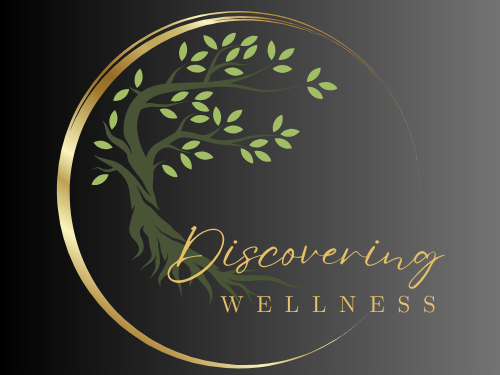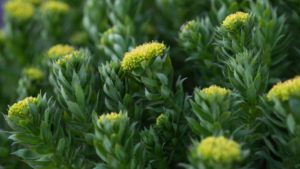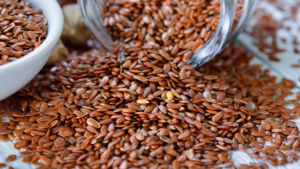
Detoxification is a crucial process in the human body, allowing us to eliminate toxins and waste products that can harm our health. Our bodies have several detox pathways, each playing a vital role in maintaining overall well-being. By understanding these pathways and adopting simple everyday practices, we can support our body’s natural detoxification mechanisms and promote optimal health. Let’s delve into the key detox pathways and explore natural remedies to support them.
- Liver Detoxification: The liver is our body’s detox powerhouse, responsible for processing and eliminating toxins. To support liver health, incorporate foods rich in antioxidants and nutrients such as cruciferous vegetables (broccoli, kale, cabbage), garlic, turmeric, and green tea. These foods aid in liver detoxification by enhancing the activity of enzymes involved in toxin metabolism. Additionally, milk thistle, a herb known for its liver-protective properties, can be taken as a supplement to support liver function.
- Kidney Filtration: The kidneys play a vital role in filtering waste products from the blood and excreting them through urine. To support kidney health, stay hydrated by drinking an adequate amount of water throughout the day. Herbal teas such as dandelion root, parsley, and nettle leaf can also promote kidney function and assist in flushing out toxins. Avoid excessive consumption of sodium and processed foods, as they can burden the kidneys and impair their ability to detoxify.
- Lung Exhalation: The lungs eliminate toxins through exhalation, making deep breathing exercises an effective way to support lung detoxification. Practice deep breathing techniques such as diaphragmatic breathing or pranayama regularly to enhance lung function and promote oxygenation of tissues. Additionally, avoid exposure to environmental pollutants such as cigarette smoke and airborne toxins to minimize lung burden.
- Gastrointestinal Tract: A healthy gut is essential for effective detoxification. To support gastrointestinal health, consume a diet rich in fiber from fruits, vegetables, whole grains, and legumes. Fiber promotes regular bowel movements, preventing the buildup of toxins in the colon. Probiotic-rich foods such as yogurt, kefir, and sauerkraut can also help maintain a healthy balance of gut bacteria, which is crucial for detoxification. Herbal remedies such as aloe vera juice, licorice root, and ginger can soothe the digestive tract and support detoxification.
- Skin: Sweating is a natural way for the body to eliminate toxins through the skin. Regular exercise, sauna sessions, or hot baths can promote sweating and support skin detoxification. Dry brushing, a technique that involves brushing the skin with a natural bristle brush, can also stimulate lymphatic drainage and exfoliate dead skin cells, aiding in detoxification. Herbal teas such as burdock root and red clover may also support skin health and detoxification.
- Lymphatic System: The lymphatic system plays a crucial role in removing toxins and waste from tissues. To support lymphatic drainage, incorporate gentle exercise such as walking, yoga, or rebounding into your daily routine. Massage therapy, particularly lymphatic massage, can help stimulate lymph flow and promote detoxification. Herbs such as cleavers, echinacea, and calendula may also support lymphatic function and assist in detoxification.
- Antioxidant Systems: Antioxidants play a key role in neutralizing free radicals and reducing oxidative stress in the body. To support antioxidant defenses, consume a diet rich in colorful fruits and vegetables, which are high in vitamins A, C, and E, as well as phytonutrients such as flavonoids and carotenoids. Additionally, incorporate antioxidant-rich herbs and spices such as rosemary, oregano, and cinnamon into your meals to boost antioxidant intake.
In addition to these natural remedies, adopting healthy lifestyle habits such as staying hydrated, eating a balanced diet, getting regular exercise, and minimizing exposure to toxins can further support the body’s detoxification processes. By incorporating these practices into our daily lives, we can promote optimal health and well-being by supporting our body’s natural detox pathways.
Remember, while supporting detoxification is important, it’s also essential to listen to your body and consult with a healthcare professional before making any significant changes to your diet or lifestyle, especially if you have underlying health conditions or are taking medications. With mindful attention to our body’s needs, we can cultivate a lifestyle that nurtures and supports our overall health and vitality.



